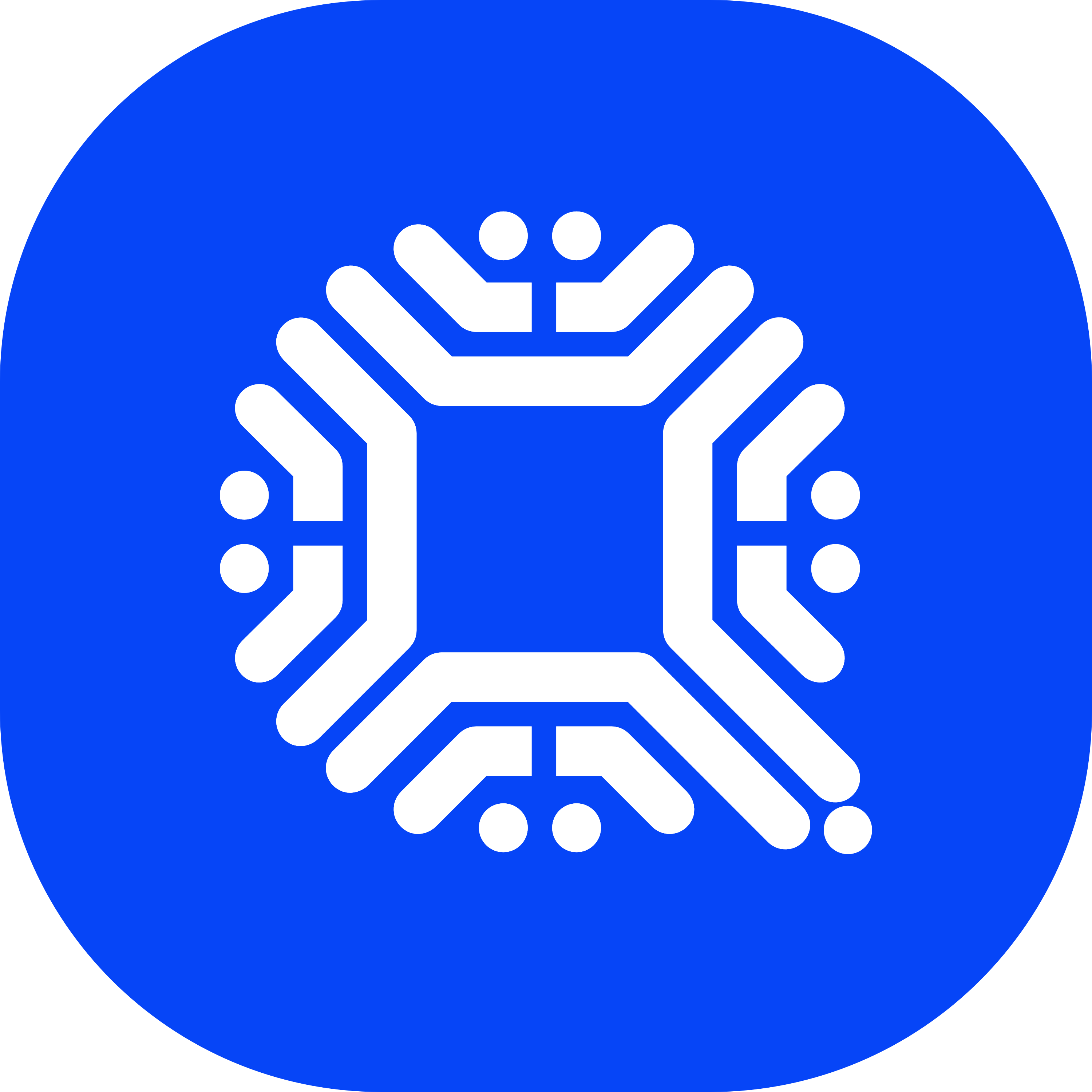Deep Dive
1. P2P Protocol Fix (6 August 2025)
Overview: This mandatory update addressed vulnerabilities in Waves’ peer-to-peer communication layer, preventing network instability. Node operators were urged to upgrade immediately.
The fix introduced stricter validation of incoming peer data and optimized buffer handling to reduce microblock processing errors. A new artifact attestation system now verifies build integrity using GitHub CLI.
What this means: This is bullish for WAVES because it ensures smoother node synchronization and reduces downtime risks for decentralized apps. Network reliability directly impacts user trust in DeFi and staking services.
(Source)
2. ECRecover Bug Patch (9 April 2025)
Overview: A critical security update fixed flawed logic in Ethereum-compatible ecrecover function, which could have led to invalid signature verifications.
The patch aligned Waves’ implementation with Ethereum’s standards, affecting smart contracts using cross-chain validation. Node voting activated the fix through feature #24.
What this means: Neutral for WAVES – while critical for security, it primarily impacts developers rather than end-users. However, it strengthens interoperability with EVM chains like Units Network.
(Source)
3. Scala 3 Migration (9 April 2025)
Overview: Waves transitioned from Scala 2.13 to Scala 3, improving code maintainability and enabling modern language features like metaprogramming.
The upgrade required node operators to rebuild their environments but maintained backward compatibility with existing smart contracts.
What this means: Bullish long-term – modern tooling could accelerate feature development. However, short-term migration efforts might slow minor updates.
(Source)
4. Connectivity Improvements (23 October 2024)
Overview: Reduced aggressive node banning and added peer-sharing filters to strengthen network resilience during high traffic.
New CLI commands like gengen (custom genesis block creation) empowered developers to test private networks more efficiently.
What this means: Neutral – these are incremental improvements rather than transformative changes, but they enhance node operator experience.
(Source)
Conclusion
Waves’ recent code updates prioritize network stability (P2P fix), cross-chain compatibility (ECRecover patch), and developer experience (Scala 3). While not revolutionary, these changes suggest a focus on foundational robustness as its L2 ecosystem expands. The lack of major protocol upgrades since Q2 2025 raises questions – will Waves 2.0’s finality implementation (teased in August 2025 whitepapers) trigger more aggressive codebase evolution?





 Most Visited
Most Visited Community Sentiment
Community Sentiment Chain Ranking
Chain Ranking Bitcoin Dominance
Bitcoin Dominance Market Cycle Indicators
Market Cycle Indicators Relative Strength Index (RSI)
Relative Strength Index (RSI) Bitcoin Treasuries
Bitcoin Treasuries BNB Treasuries
BNB Treasuries Overall NFT Stats
Overall NFT Stats Upcoming Sales
Upcoming Sales Signals
Signals Trending
Trending New
New Gainers
Gainers Meme Explorer
Meme Explorer Top Traders
Top Traders Feeds
Feeds Lives
Lives Articles
Articles Research
Research